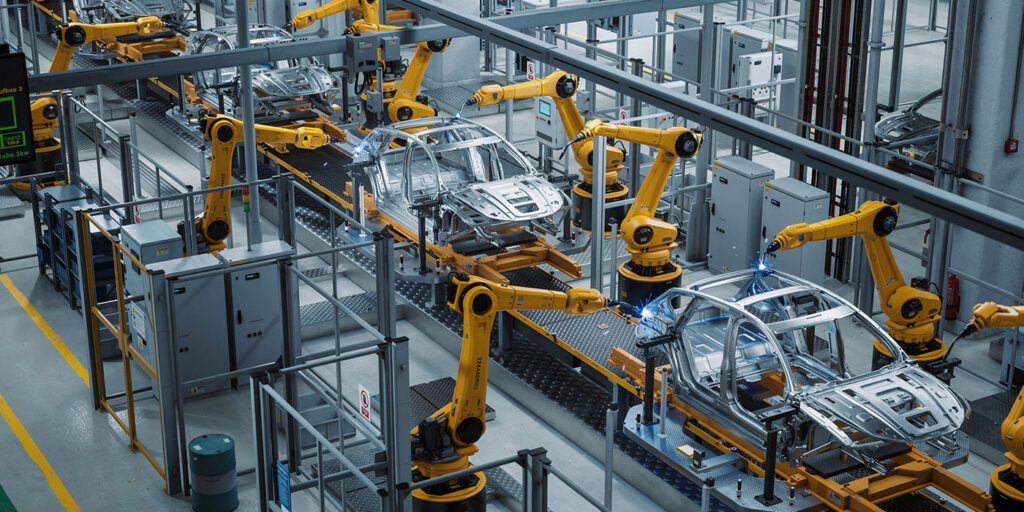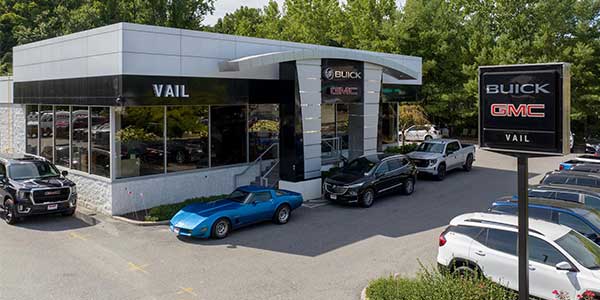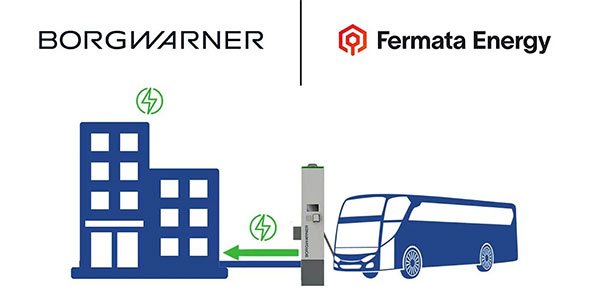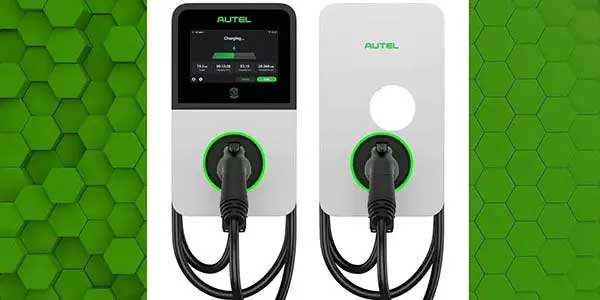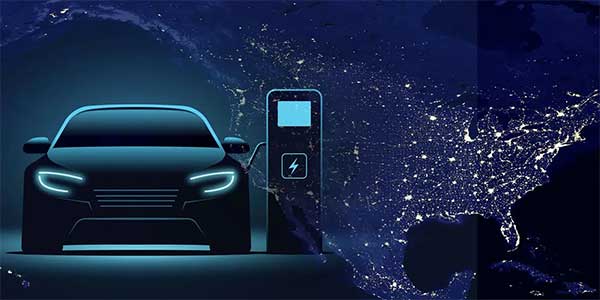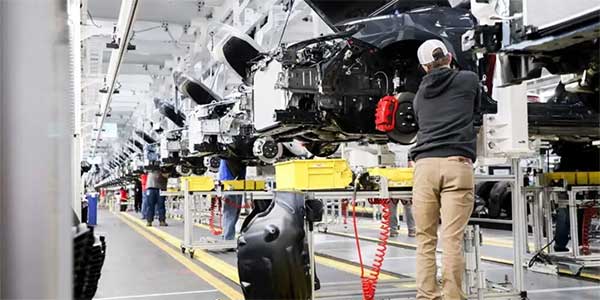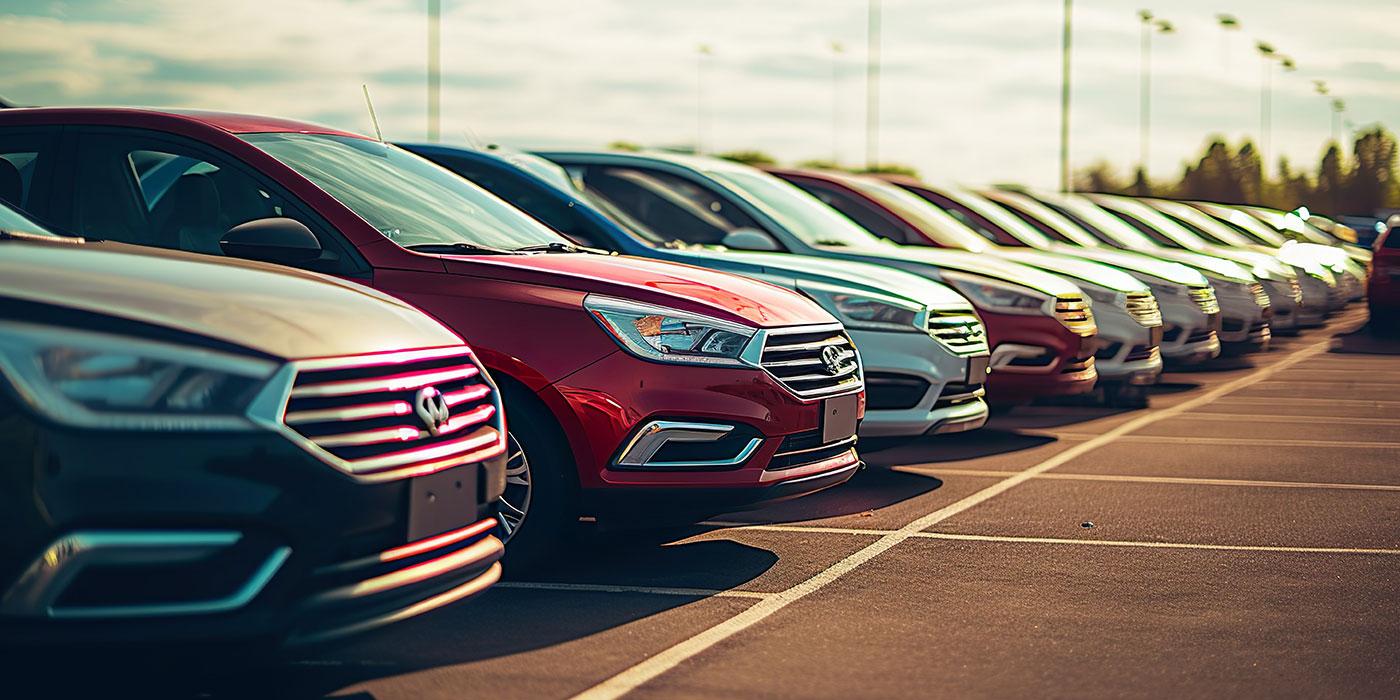By Linda Rosati, director of business development for The Boldt Company
The automotive industry is evolving at an accelerated pace. However, global supply chain disruptions continue to rock the industry as suppliers seek to meet automakers’ demand for everything from microchips to raw materials. Traditional automakers and venture capital-backed startups are also battling for market share in the burgeoning electric vehicle (EV) space, with significant capital being spent on increasing production capabilities in the U.S.
But where is it all headed? The amount being invested in the construction of EV manufacturing sites and facilities has seen a significant shift in recent years. General Motors, for example, announced plans late last year to invest more than $3 billion in EV projects in Michigan, and other traditional auto giants are investing in this space as well. However, much of the focus is geared towards newcomers in the EV auto space and the road ahead to scaling production. Newer startups are being challenged to meet the high demand for electric vehicles right away, and with such rapid growth, a variety of obstacles will need to be overcome.
Most people are familiar with some of the supply chain issues facing automakers related to manufacturing — specifically chip shortages. What is less familiar to many are the pressures on the supply chain related to the construction of automobile production facilities, from raw materials to building products. As construction companies take on these large projects, their primary focus is speed to market so automakers can start producing vehicles sooner. Because of supply chain issues and market volatility, project costs can quickly escalate beyond initial estimates and face delays.
When addressing obstacles related to construction for auto clients, the solution is early contractor engagement. Upfront collaboration between the client, the engineer or architect, and the contractor facilitates identifying and developing solutions for potential challenges before they become costly delays. Companies that use the traditional hard-bid delivery miss opportunities for cost and schedule savings. Once the drawings are finalized and the schedule set, it is too late to realize these benefits.
Similar to traditional manufacturers, it will be challenging for EV startups to achieve autonomy right away, so they may choose to outsource to other suppliers to make their frames, paint their bodies or complete other jobs. Rather than in-sourcing this production, taking advantage of third-party vendors allows startups to focus on other components, such as electric motor production, which is a source of pride for many EV companies. With the industry focused on achieving lean manufacturing, just-in-time delivery means emerging EV companies will need to open nearby operations and invest in warehousing and distribution capacity to support that. For something like battery storage, which has stringent fire safety guidelines, experienced contractors are a necessity.
The other big challenge is the shortage of skilled construction labor. Many of these projects are occurring in places already facing a shortage of skilled tradespeople, so labor costs are at a premium while subcontractor choice is thin. As a result, EV manufacturers receive fewer, less competitive bids, potentially leading to a reduced quality of work and higher prices.
The EV market, which is driving a lot of investment, also has some uncertainty. Several new companies have serious investment capital while others are backed by government and business investments, yet it remains unclear how these automakers will manage widescale production while continuing to secure new capital. We still have a way to go before personal use demand outpaces demand from government entities, or new fleet vehicles for large corporations like Amazon and others.
As EV market leaders emerge, the playing field will narrow, and the most successful companies will set the tone for the industry. Additionally, more large-scale projects will appear up and down the supply chain in parts manufacturing and the supporting infrastructure, whereas automakers will shift back to facilities maintenance, retooling and upgrades.
The auto industry shed nearly 100,000 jobs during the pandemic, including facilities staff. Our clients appreciate having access to our experienced maintenance teams. As the building boom matures, maintaining and upgrading existing facilities is going to be crucial.
The EV space is evolving rapidly, and automakers and suppliers are readily joining forces to launch the next wave of advanced, autonomous vehicles.
Linda Rosati is The Boldt Company’s director of business development and has spent most of her 25-plus year career in the automotive and construction industries.

